Together, we made important strides in 2025. Three years in, RISE has supported over one million workers through our workplace programs.



 Christine Svarer
Christine Svarer
Together, we made important strides in 2025. Three years in, RISE has supported over one million workers through our workplace programs.
 Laura Macías
Laura Macías
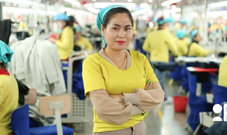
Climate change is already hitting the garment, footwear, and textiles sectors hard. Its impacts are rapidly compounding for both workers and businesses in countries like Bangladesh and Cambodia.
 Laura Macías
Laura Macías
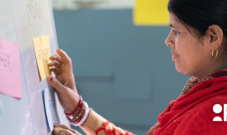
Women are the majority of garment workers but underrepresented in leadership. This report reveals how to unlock diverse career pathways and build resilient factories through insights from 100+ workers.
 Christine Svarer
Christine Svarer

2024 Annual report: Collaborative Action toward Gender Equality in Supply Chains
 Laura Macías
Laura Macías
 Sreya Nath
Sreya Nath
 Sharmishtha Nanda
Sharmishtha Nanda
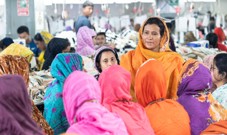
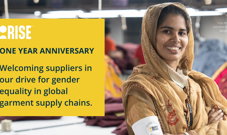
Celebrating its first anniversary on International Women’s Day, RISE is expanding its membership to accelerate its gender equality mission.
 Christine Svarer
Christine Svarer
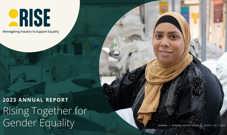
2023 has been an inspirational year from launch to integration to innovation. Read our Annual Report to learn about our work, impact and activities!
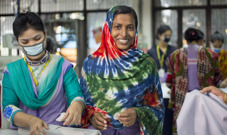
There are 4,000 garment factories and over four million garment workers in Bangladesh. Supporting workers to be able to use their accounts safely and confidently requires a concerted effort from all of the different organizations they come into contact with during the transition from cash to digital wages. HERproject has therefore explored a new way of engaging stakeholders who are important touchpoints for workers during wage digitization
 Laura Macías
Laura Macías
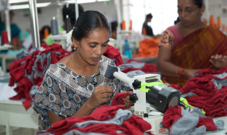
HERessentials, a tablet-based learning app for workers and managers, started as a response to the COVID-19 crisis, but it has the potential to build digital capabilities for all workers. We share three key recommendations for businesses considering how to set up digital training in supply chains.
 Smita Nimilita
Smita Nimilita
 Isadora Loreto
Isadora Loreto
 Ella Moffat
Ella Moffat

This guide offers practical advice on developing and delivering wage digitization programs that can lead to women's economic empowerment.